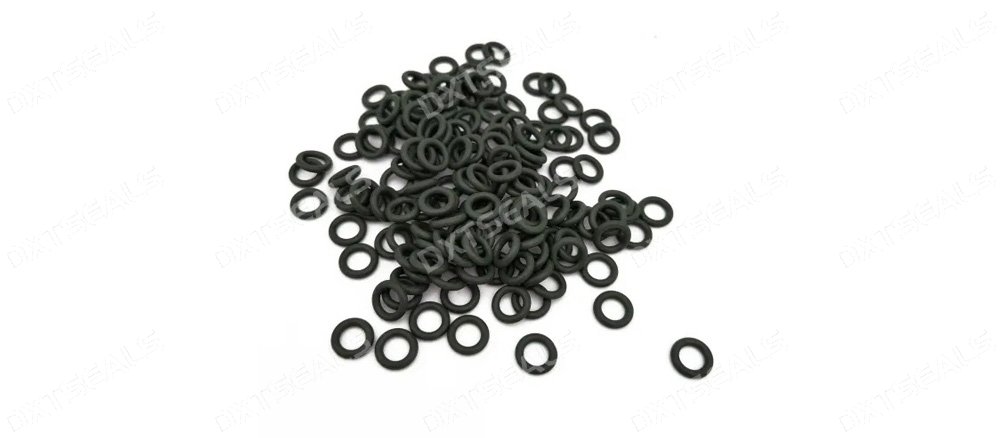
FKM seals, commonly known as fluorocarbon seals, are renowned for their exceptional performance in challenging environments. This article examines the temperature range and chemical resistance of FKM seals, highlighting their applications and advantages over other sealing materials like NBR (Nitrile Butadiene Rubber) and EPDM (Ethylene Propylene Diene Monomer).
1. Temperature Range of FKM Seals
One of the standout features of FKM seals is their wide temperature range. FKM can typically withstand temperatures from -20°C to 200°C (-4°F to 392°F), with some specialized grades able to tolerate even higher temperatures, up to 250°C (482°F). This remarkable thermal stability makes FKM seals suitable for use in extreme conditions found in various industries, including:
- Automotive: Used in engine components and fuel systems where high temperatures are prevalent.
- Aerospace: Essential for applications requiring reliable sealing under fluctuating temperatures.
- Chemical Processing: Ideal for environments where exposure to heat is a constant factor.
2. Chemical Resistance of FKM Seals
FKM seals are celebrated for their outstanding chemical resistance, making them a preferred choice in applications where exposure to aggressive substances is common. They exhibit excellent compatibility with a wide range of chemicals, including:
- Oils and Fuels: FKM seals withstand petroleum-based oils, synthetic lubricants, and fuels, making them ideal for automotive and industrial machinery.
- Chemical Solvents: These seals resist many organic solvents, acids, and bases, allowing their use in chemical processing and manufacturing.
- Hot Water and Steam: FKM seals can handle hot water and steam applications, ensuring reliability in industries like food processing and pharmaceuticals.
3. Applications of FKM Seals
Given their temperature and chemical resistance, FKM seals are utilized across a variety of industries, including:
- Automotive Industry: Used in fuel systems, engine gaskets, and transmission components where they ensure tight seals under high temperatures and exposure to oils.
- Aerospace: Employed in fuel systems and hydraulic systems, where reliability is critical.
- Oil and Gas: Ideal for downhole sealing applications where exposure to extreme conditions is common.
- Pharmaceutical and Food Processing: Used in equipment requiring compliance with stringent hygiene standards, where chemical resistance is paramount.
4. FKM vs. NBR and EPDM
When comparing FKM seals to NBR and EPDM seals, several key differences emerge:
- Temperature Tolerance: While NBR typically withstands temperatures up to 120°C (248°F) and EPDM can handle up to 150°C (302°F), FKM seals excel with their higher temperature range, making them suitable for more extreme conditions.
- Chemical Resistance: FKM offers superior resistance to chemicals compared to both NBR and EPDM. NBR is less resistant to heat and certain chemicals, while EPDM does not perform well with petroleum-based products.
- Cost Considerations: FKM seals tend to be more expensive than NBR and EPDM due to their advanced material properties. However, their longevity and reliability can offset initial costs in demanding applications.
Conclusion
FKM seals provide an exceptional temperature range and outstanding chemical resistance, making them a top choice for various industries facing harsh operating conditions. Their ability to withstand extreme temperatures and aggressive chemicals makes them superior to other sealing materials like NBR and EPDM in many applications. As industries continue to evolve, the demand for FKM seals is expected to grow, ensuring reliable performance in critical applications.
